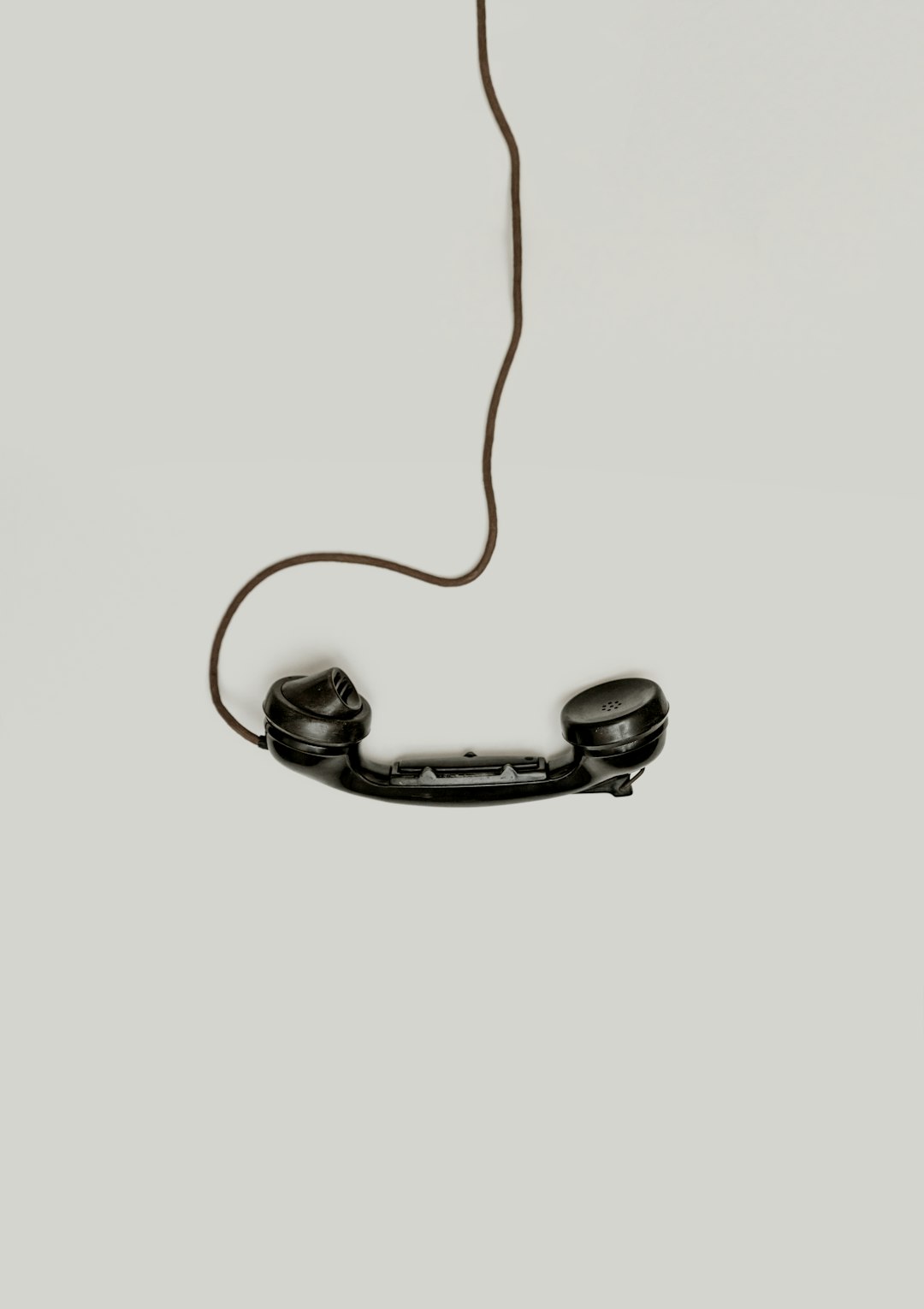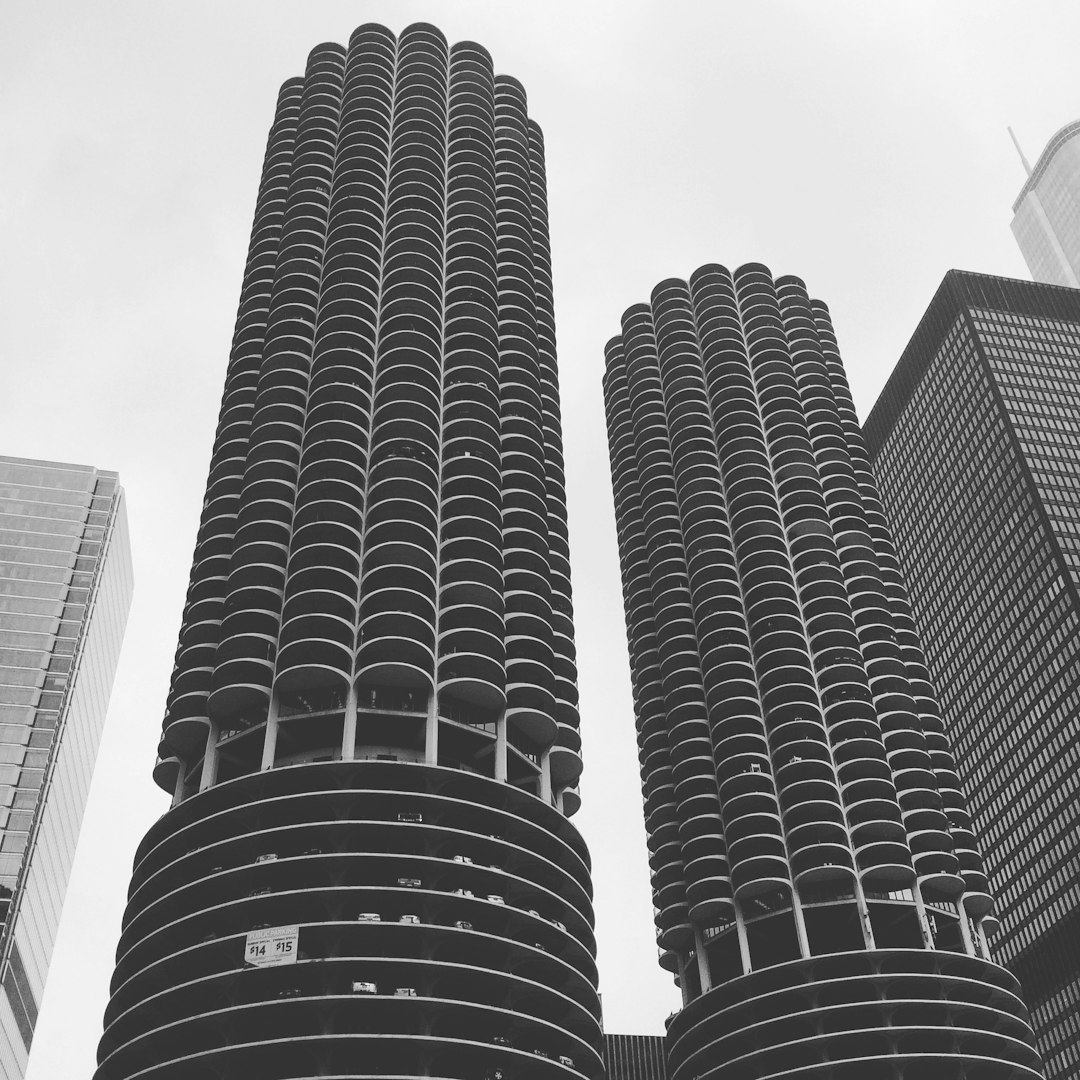Chicago healthcare workers face a new wave of robocall scams from law firms using high-pressure tactics to exploit stress and demand unpaid bills or potential lawsuits. These calls target hospitals, clinics, and physicians with similar names, aiming to extract sensitive info or extort fees. Residents should be vigilant, never share personal data over the phone unless initiated by them, verify call sources, report suspicious calls, update security software, and be cautious of unexpected offers from robocall law firms Chicago.
“In recent times, Chicago’s healthcare workers have become increasingly targeted by a growing trend of robocall scams. These automated calls, often emanating from so-called robocall law firms, pose significant risks to professionals in the medical field. This article delves into the rising prevalence of these fraudulent activities, focusing on how they specifically target Chicago residents and offering valuable strategies for healthcare workers to protect themselves against such robocall law firms.”
Understanding Robocall Scams Targeting Healthcare Workers in Chicago

In recent times, Chicago’s healthcare workers have become increasingly targeted by a new breed of scammer—robocallers posing as law firms. These automated phone calls are designed to exploit the high demand for legal services within the medical community and the heightened stress levels of those working on the frontlines. Scammers use high-pressure sales tactics, claiming that healthcare providers owe money in unpaid bills or facing potential lawsuits, urging them to call back immediately.
The robocall law firms often mimic legitimate practices by using similar sounding names and even imitating official-sounding messages. They target hospitals, clinics, and individual physicians, preying on their concern and busy schedules. Once a target picks up the phone, the scammer’s true intentions become clear—to extract sensitive information or persuade the recipient to pay hefty fees for services that do not exist. Understanding these tactics is crucial in protecting healthcare workers from falling victim to such frauds.
How Robocall Law Firms Operate and Their Prevalence in the City

Robocall law firms have become a prevalent and annoying issue in Chicago, targeting healthcare workers as well as many others across the city. These automated phone calls, often disguised as urgent messages from reputable sources, are designed to solicit business or spread misinformation. They typically claim to offer legal services, threaten lawsuits, or promise financial gains, preying on people’s fear or curiosity. The operators behind these robocalls use sophisticated technology to generate large call volumes, making it difficult for recipients to avoid.
In Chicago, where a diverse range of legal services is readily available, the presence of robocall law firms stands out. Their tactics often include calling at all hours, using local area codes to appear more legitimate, and adapting their scripts based on common demographics or professions. While many people dismiss these calls immediately, some may fall victim to their strategies, especially if they are stressed or distracted. It’s crucial for Chicago residents, particularly healthcare workers who are already under pressure, to be vigilant and carefully consider any unsolicited legal advice received via robocalls.
Protecting Yourself: Strategies for Chicago's Healthcare Workers Against Robocalls

Robocall scams targeting healthcare workers in Chicago have become an increasingly common nuisance, with fraudulent calls impersonating hospitals, insurance companies, or even government agencies. To protect yourself from these deceptive practices, it’s essential to stay informed and adopt proactive measures. One effective strategy is to never share personal or financial information over the phone unless you’ve initiated the call and are certain of the recipient’s identity. Healthcare workers should also be wary of unexpected calls offering medical coverage, legal services from robocall law firms Chicago, or asking for sensitive data under various pretexts.
Additionally, verifying the source of a call is crucial. If you receive an unfamiliar number, look up the official contact information for the organization it claims to represent and compare it with the caller’s details. Reporting suspicious calls to local authorities or consumer protection agencies can also help combat these scams. Regularly updating security software on your devices and being cautious while clicking links in emails or text messages from unknown sources are further preventive measures Chicago’s healthcare workers should consider to safeguard against robocall scams.






